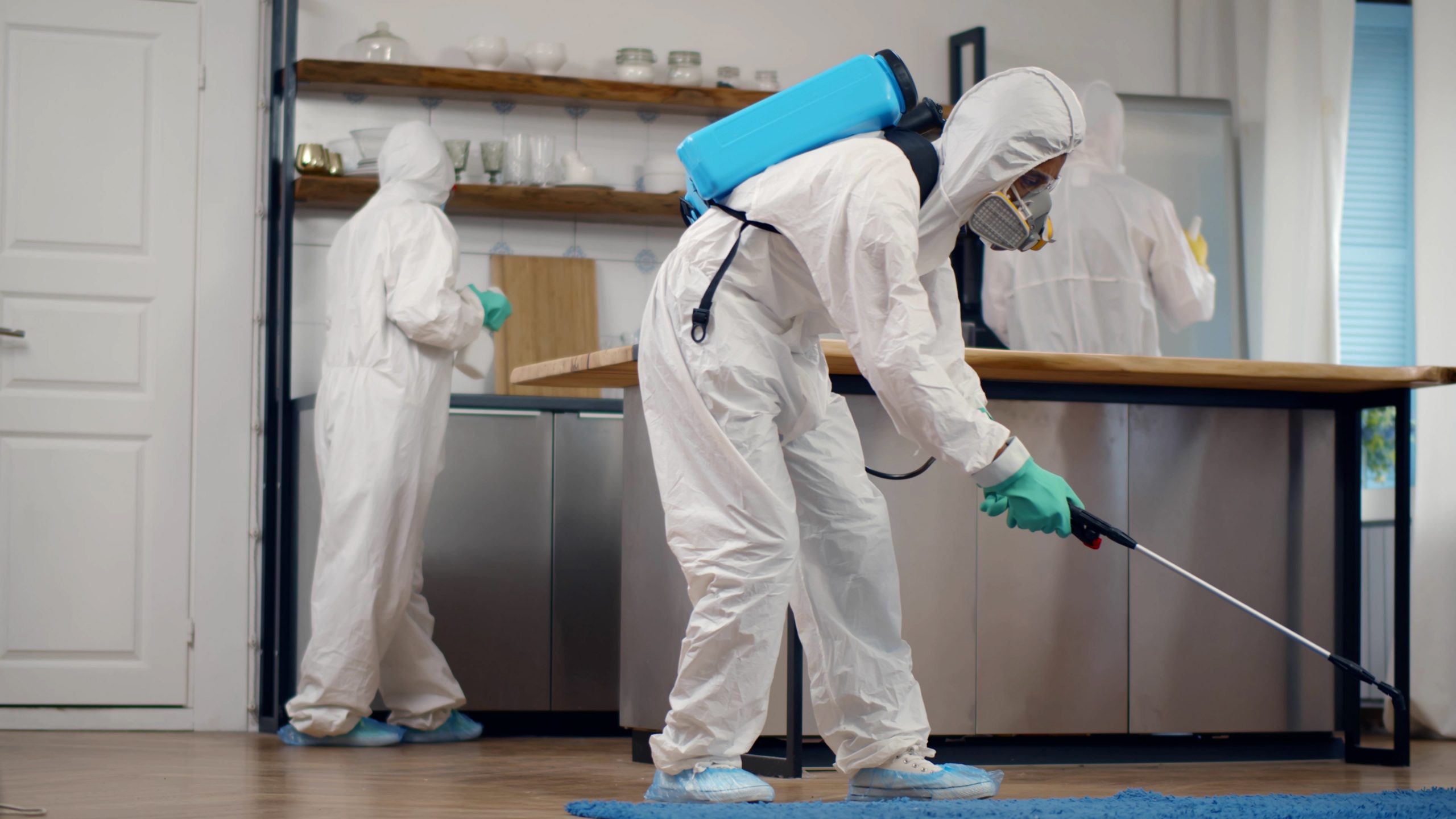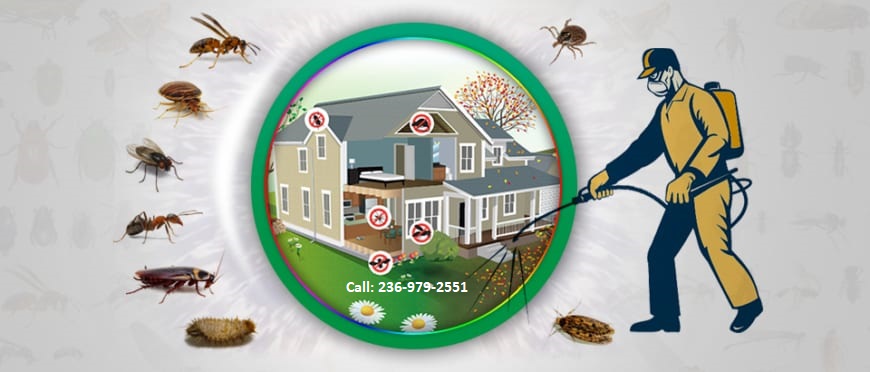Safe and Dependable Parasite Control for Lasting Protection
Reliable pest administration calls for a multifaceted technique that balances eco-friendly stability with the need for reliable pest reductions. The nuances of these methods may not be right away clear, motivating a closer examination of the techniques that can lead to sustainable parasite control outcomes.
Understanding Insect Control Methods
Bug control encompasses a range of methods targeted at managing and eliminating undesirable pests and rats that can intimidate both health and building. Understanding these techniques is vital for efficient bug monitoring.
The main categories of parasite control methods include mechanical, organic, and chemical methods. Mechanical approaches include physical barriers and traps to avoid parasite access and capture unwanted types. Using displays on home windows or utilizing sticky catches can significantly minimize pest populations without presenting unsafe materials - exterminator coquitlam.

Chemical bug control is typically one of the most acknowledged approach, using pesticides to remove bugs. These chemicals can be efficient but should be utilized with caution to stay clear of adverse impacts on non-target species and the atmosphere.
Advantages of Eco-Friendly Solutions
Just how can environment-friendly services change bug control methods? The fostering of environment-friendly parasite control methods offers numerous benefits, significantly enhancing the performance and safety and security of pest management (exterminator coquitlam). These services use all-natural ingredients, reducing the reliance on dangerous chemicals that can posture threats to human wellness and the environment. This change not just protects families and pet dogs but additionally minimizes the possibility for dirt and water contamination.

Another benefit is the favorable effect on local biodiversity. Green remedies are developed to target particular pests while maintaining useful bugs and wild animals, advertising a well balanced environment. This strategy straightens with the expanding customer demand for lasting techniques, improving the track record of pest control service providers.
Integrated Bug Administration Strategies
The application of environmentally friendly remedies naturally brings about the fostering of Integrated Parasite Management (IPM) approaches, which additionally boost pest control efficacy. IPM is an all natural technique that integrates multiple strategies to take care of insect populations while reducing ecological influence. This technique highlights making use of organic, cultural, mechanical, and chemical controls, ensuring a sustainable and well balanced method of parasite management.
One essential facet of IPM is the detailed assessment of bug task and environmental problems. By monitoring bug populaces and recognizing their life process, practitioners can apply targeted treatments that disrupt the parasite's habitat or lifecycle, lowering reliance on chemical pesticides. In addition, recommended you read cultural techniques such as crop turning and environment control can dramatically lessen pest facility and reproduction.
An additional critical part is the usage of biological control representatives, such as advantageous bugs or microorganisms, which can naturally subdue insect populaces. When chemical applications are needed, IPM focuses on using low-risk chemicals and applies them precisely, decreasing exposure to non-target microorganisms and people.
Integrating IPM techniques not only enhances pest control redirected here efficiency yet additionally promotes a safer ecological community, aligning with the expanding need for sustainable techniques in bug administration.
Safe Practices for Property Owners
Comprehending the importance of safe methods in insect control can empower home owners to effectively manage pest issues while safeguarding their health and the environment. Implementing preventative actions and safe techniques is critical in decreasing direct exposure to dangerous chemicals.
Homeowners should first assess their setting for conditions that draw in insects, such as standing water, mess, and food waste. On a regular basis cleaning and sealing entrance points can discourage parasites from invading the home. Utilizing all-natural deterrents, such as essential oils or diatomaceous earth, can supply reliable options to chemical pesticides.
When chemical treatments are necessary, homeowners ought to select items that are especially classified as risk-free for domestic use. It is vital to adhere to application standards carefully to avoid overexposure. Moreover, using targeted therapies in locations where insects are recognized, instead of blanket splashing, can significantly minimize chemical usage.
Last but not least, maintaining open communication with parasite control experts is vital. House owners need to ask about the safety of items utilized and demand eco-friendly choices whenever possible. By embracing these secure methods, homeowners can produce a healthier living atmosphere while effectively handling parasite issues.

Tips for Long-Term Protection
Establishing a bug management strategy that stresses long-lasting protection can greatly improve the efficiency of the safe practices formerly reviewed. To accomplish this, homeowners need to carry out normal assessments of their home, focusing on concealed locations such as attics, basements, and crawl spaces. Early discovery of bug activity is important in avoiding infestations from holding.
These practices lower attractants that attract bugs into the home. Securing entrance points, such as splits around home windows and doors, can efficiently obstruct useful source possible insect accessibility.
Landscaping must also be thought about; maintaining plants trimmed and preserving a range between plants and the home minimizes hiding places for pests. Making use of natural deterrents, such as vital oils or diatomaceous planet, can even more inhibit invasions without turning to rough chemicals.
Lastly, teaming up with an expert parasite control solution for regular evaluations can give an additional layer of safety. These specialists can use tailored suggestions and progressed treatments, guaranteeing that your home continues to be protected versus parasites in the long term.
Final Thought
In final thought, reliable and safe insect control needs a diverse technique that highlights eco-friendly approaches and incorporated bug administration. By implementing natural deterrents, carrying out normal inspections, and maintaining proper sanitation, home proprietors can significantly reduce pest populations while safeguarding advantageous insects and the environment. Cooperation with expert insect control services boosts the performance of these methods, guaranteeing tailored remedies that supply long lasting protection and tranquility of mind versus future infestations.
Effective parasite administration requires a complex strategy that stabilizes environmental integrity with the demand for reliable bug suppression. The adoption of eco-friendly pest control approaches supplies countless advantages, significantly boosting the performance and security of pest monitoring.The execution of eco-friendly solutions naturally leads to the fostering of Integrated Pest Monitoring (IPM) techniques, which additionally enhance parasite control effectiveness. exterminator coquitlam. By checking insect populaces and determining their life cycles, specialists can apply targeted interventions that interfere with the parasite's habitat or lifecycle, lowering dependence on chemical pesticides.In conclusion, risk-free and dependable insect control calls for a multifaceted method that stresses environmentally friendly approaches and integrated bug management